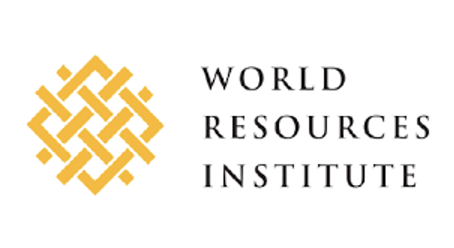The Africa Research and Impact Network (ARIN) is collaborating with the World Resources Institute (WRI) on a project titled “The Causes and Impacts of the April–May 2024 Long Rain-related Flooding in the Under-Served Informal Settlements and Vulnerable Communities in Nairobi City.” Nairobi has historically experienced significant flooding events, each exposing critical gaps in urban planning, drainage systems, and emergency response mechanisms.
The long rains of March, April, and May (MAM) in 2024 led to devastating flash floods that caused extensive damage across Nairobi, disrupting lives and livelihoods. These floods underscored the city’s increasing vulnerability to climate-induced disasters. Particularly hard hit were the informal settlements of Kibera, Mukuru, and Mathare, where inadequate infrastructure and poor drainage systems left residents dangerously exposed. The socio-economic impacts were profound, with considerable losses in property, agricultural productivity, health, and essential services.
This widespread destruction highlights the urgent need for comprehensive flood management strategies, involving governmental and non-governmental agencies, community groups, and other stakeholders. These efforts must focus on improving early warning systems, enhancing infrastructure and drainage, promoting sustainable land use practices, strengthening disaster preparedness and response, fostering risk communication, and creating cross-sectoral collaborations.
However, significant policy gaps remain in formulation, implementation, and stakeholder coordination. Addressing these gaps requires an evidence-based, comprehensive policy framework that not only tackles the root causes of flooding but also provides sustainable solutions to mitigate the impacts of extreme weather events.
This consultancy aims to develop a high-level policy brief for Nairobi, providing actionable recommendations for local, regional, and national flood risk management. The policy brief will synthesize existing data, highlight best practices, and offer strategic interventions to reduce future flood risks, with a focus on building a more resilient and sustainable Nairobi. In particular, it will emphasize the challenges faced by the most vulnerable communities, especially those in informal settlements.
Objectives
The main objective of this consultancy is to develop a High-Level Policy Brief for Nairobi to guide flood risk management.
Specific objectives include:
- Conducting a scoping review of the causes and impacts of the April–May 2024 long rain-related flooding in Nairobi City and its environs.
- Synthesizing complex information from multiple sources into a clear and concise policy brief.
- Providing evidence-based policy recommendations for formulation and implementation at the local, regional, and national levels.
- Developing a dissemination strategy to ensure the policy brief is accessible and actionable for a wide range of stakeholders.
Project Outputs
- Inception Report
- Scoping Review and Evidence Synthesis Report
- Climate Risk Profile Analysis Report
- Policy Landscape Analysis Report
- Case Studies Report
- Validation Workshop Report
- Policy Brief
Project Team Members
Principal Investigator (PI): Dr. Joanes Atela, Executive Director, ARIN
Project Leads: Akinyi J. Eurallyah, Research Associate, ARIN
Dr. Humphrey Agevi, Research Associate, ARIN
Communication Coordinator: Florence Onyango, Communication Manager, ARIN
Research Assistants: Nancy Mutwii (Urban Planning), Gordon Gogo (GIS), Jerry Ariel(Intern)
Funder
World Resources Institute (WRI)

